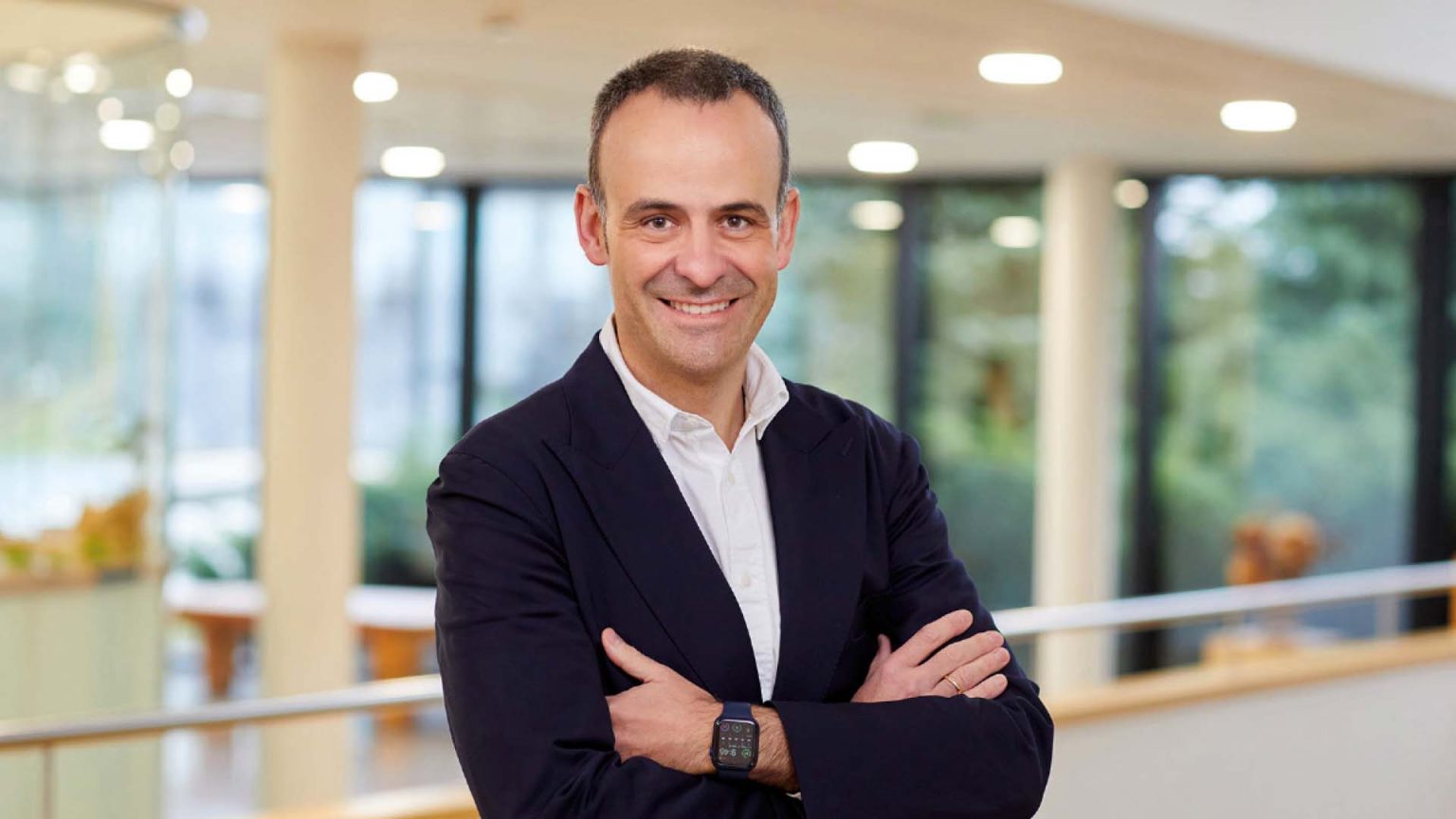At the technology centres we must accept the challenge of contributing to a particularly demanding sector, which requires highly sophisticated technologies”
Spain ranks fifth in Europewhen it comes to creating permanent jobs in the space sector. It generates 6,000 direct jobs, with an aggregate turnover of 1.06 billion euros – 0.1% of the GDP. And this is, among other things, thanks to the consolidation of companies with a track-record of over 70 years and to 23 companies that are part of TEDAE, who are leaders in Spain in the sector’s most important technological areas. This information was revealed during the latest Space Engineering Congress held this summer at the Spanish Institute of Engineering (Instituto de la Ingeniería de España, IEE).
The space sector is facing new challenges and threats, such as in-space manufacturing, space junk, Earth observation, satellite applications, cybersecurity, AI and Big Data; and there is work ahead to turn them into opportunities and continue being a growing economy. At the technology centres we must accept the challenge of contributing to a particularly demanding sector, which requires highly sophisticated technologies.
And, from the respect that we feel for the immensity of outer space, that is what we are working for at TECNALIA – the largest applied research and technology centre in Spain and a leader in Europe. We must take our knowledge from Earth to space in order to support those pioneering endeavours in their development, while encouraging their competitiveness. Considering the maturity of the Spanish companies of this sector, our mission has to be to stay ahead of the challenges that they face; to create, test and maybe even fail in our research efforts, to help them along their path.
NEW TECHNOLOGICAL CHALLENGES
The fields of research at TECNALIA that are aimed at contributing to this sector are currently Earth observation technologies and space surveillance, robotics, space materials and systems cybersecurity.
In the field of Earth observation and satellite surveillance,we are working to characterise and interpret satellite data and images, as well as to develop element detection, quantification and tracking algorithms. Specifically, in relation to the downstream, Earth observation is particularly important for the development of tools and solutions for risk analysis and the adaptation to climate change. Image processing is used to characterise threats related to climate change, such as heatstroke through the use of LST (Land Surface Temperature), and identify changes in exposure and vulnerability by analysing changes in the surface area and use of the soils.
In the field of robotics,we rely on our vast experience in the development of smart land systems to take the leap to space. This being so, we are simulating robust software solutions for the control and coordination of multi-actuator and multi-robot systems, such as ROS2. Currently, the use of ROS2 in the space sector is becoming increasingly relevant, with initiatives such as “Space ROS” being supported by a growing number of organisations. We are also committed to the design and development of new robot concepts, such as the “Robouton” system – an advanced robot that is composed of a mobile base and several robot arms, with great potential for space applications.
In regards to space sector materials,we are working on the development of high dimensional stability structures of composite materials, magnetorheological damper systems, aerogel-based heat protection systems, environmentally-friendly surface coatings and treatments and high emissivity coatings for flexible space structures.
Another highly important field is cybersecurity,where we develop solutions for the incorporation of security in the design of products, components and equipment by manufacturers and integrators through the use of applied cryptography, and through groundbreaking technologies such as post-quantum cryptography and quantum cryptography.
But at TECNALIA we do not just focus on the development of technology. Rather, we strive to foster an interest for, and the development of, space skills, through educational and training programmes for students and professionals. By instilling an interest for science and technology in new generations, and organising science dissemination events and activities, we contribute to the generation of future talent, which will be essential for the advancement of the space sector.





